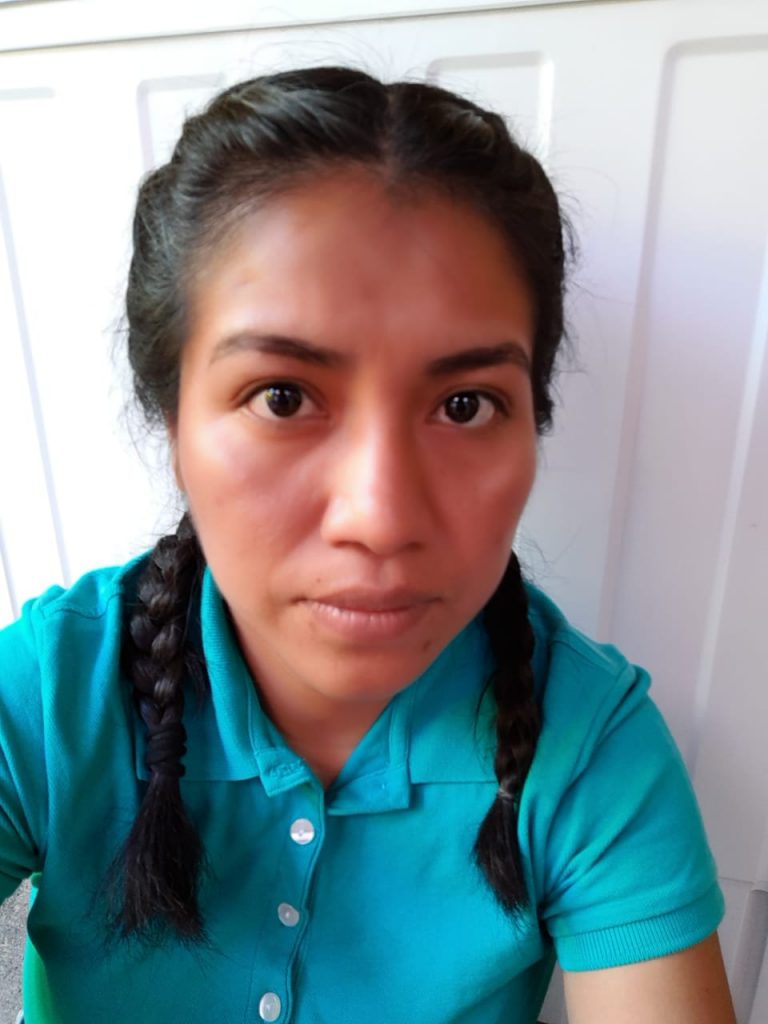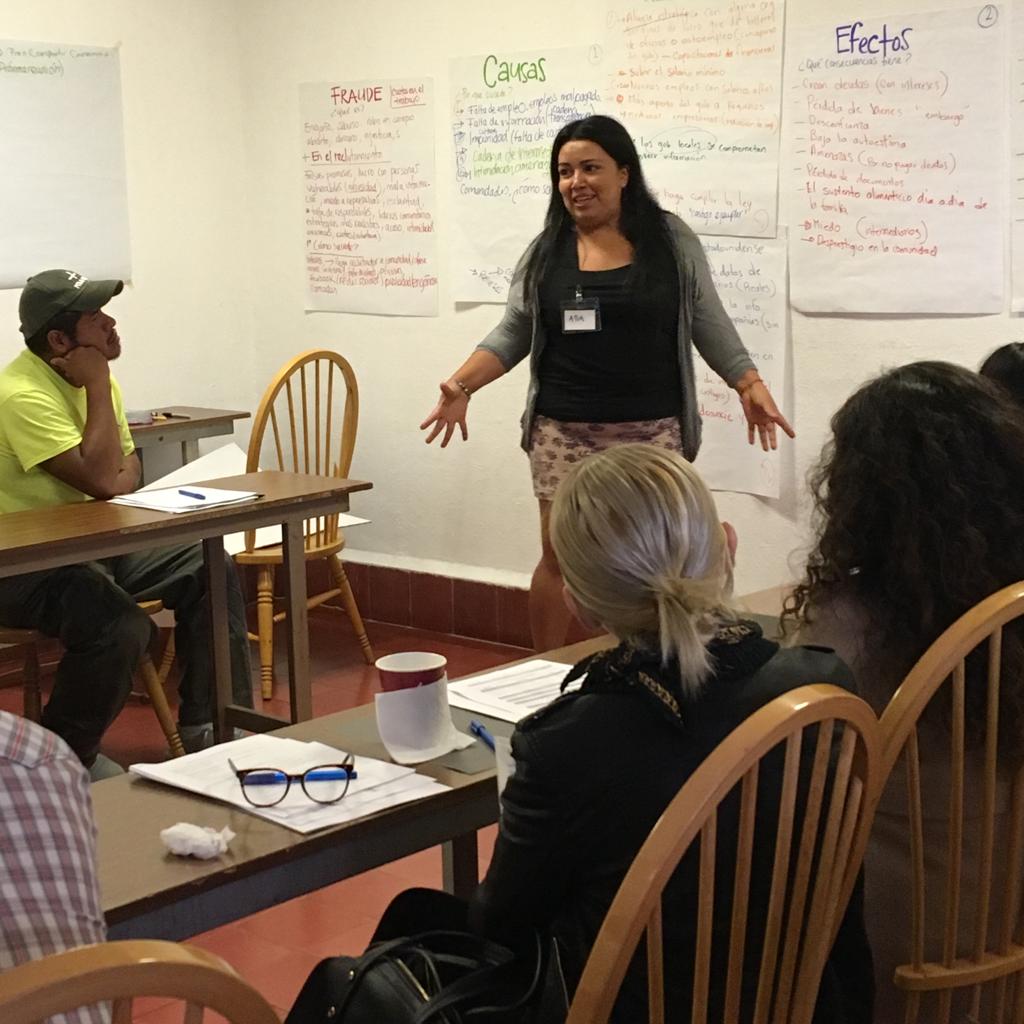We have big news.
This morning, migrant worker women submitted the first-ever petition against the U.S. under the USMCA. The petition was signed by a binational coalition of dozens of allies led by CDM. Together, we’re arguing that the United States government failed to live up to its obligations under the trade agreement by allowing systemic gender-based discrimination against migrant worker women.
I’d like to tell the working women who are facing abuse that when I decided and chose to speak up, I was very afraid due to painful experiences,” said Maritza Perez, a co-petitioner and former farmworker on an H-2A visa. “But let’s have faith and courage to raise our voices, looking inside ourselves to find the strength to demand that our rights as migrants be upheld.”
For 15 years, CDM has documented countless cases of women who have been denied work under the H-2 visa programs, channeled into lower paying jobs and exposed to gender-based violence at their workplace. We’re proud to stand with co-petitioners Maritza Perez, Adareli Ponce and the Migrant Defense Committee in demanding that the U.S. government end discrimination against migrant worker women.

Click here to read our complaint!
By failing to enforce its anti-discrimination laws, the U.S. government is essentially facilitating employers’ arbitrary and illegal hiring practices, allowing companies to choose who gets access to visas and job opportunities in the United States: young, male workers.
This isn’t the first time that we’ve denounced the U.S. government’s failure to comply with its trade obligations. After submitting two petitions under the NAFTA labor side accord throughout the last decade, we learned that this trade agreement was toothless and failed to provide remedy for migrant workers.
Last summer, the Mexico National Administrative Office responded to our 2016 petition on sex-based discrimination by recognizing “the existence of mechanisms in the United States, to which people can go to manifest the facts that they consider discriminatory.” They absurdly suggested migrant worker women could, for example, contact ICE or submit complaints to the U.S. federal government. We got this response four years after submitting the petition — only hours before NAFTA was repealed and USMCA came into effect.
Thanks to our successful campaign with workers and allied organizations from Mexico, the United States, and Canada around the renegotiation of NAFTA, the USMCA includes an enforceable Labor Chapter that explicitly protects migrant workers and women. For the first time, labor violations are at the same level as other trade-related disputes and subject governments to sanctions.
“Discrimination has been present in my life since the first time I tried to get a work visa in 2001,” said Adareli Ponce Hernandez, co-petitioner and member of CDM’s Migrant Defense Committee. “Now, history is repeating itself: women are seeking equality of opportunity under the H-2 visa with negative results. I hope that the United States changes its policies to prevent discrimination against us women — we need equal opportunities.” Adareli testified before the U.S. Trade Representative’s Office to advocate for migrant worker protections during the renegotiation of NAFTA.

The governments of Mexico and the US have deemed migrant workers essential during the pandemic and expressed their willingness to uphold their rights. Their response to our USMCA petition will determine if they’re serious. We’ll keep you updated.
On paper, the USMCA shows promise. Whether the agreement will, in fact, advance migrant workers’ rights across the region depends on the political will of governments.
The Mexican government should promptly accept the complaint and pull its weight to pressure the US to act. And the US must put in place enforcement measures that ensure equity and dignity for migrant worker women.

